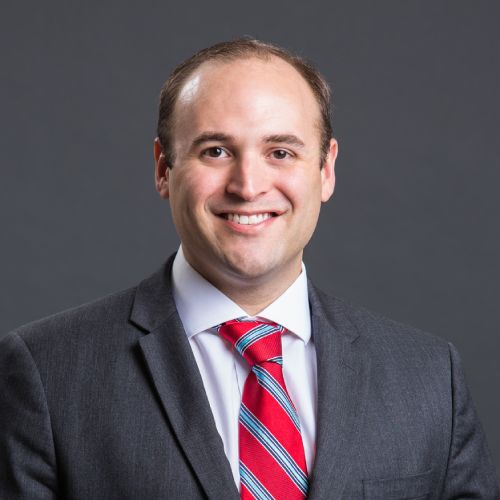
Medical errors can result in devastating injury or even death, and negligent healthcare providers should be held accountable for their mistakes. If you have experienced injuries due to the negligent action or inaction of a healthcare provider or medical facility, you might be entitled to compensation for what you have endured.
Can You Sue For Medical Malpractice?
There are several important elements of a malpractice claim that must be present to establish a legal right to sue, including the following;
- A patient-physician relationship from which arises a duty of care;
- The healthcare provider breached their duty of care;
- The provider’s breach caused you harm; and
- The harm resulted in compensable losses.
The duty of care a healthcare provider owes to a patient is measured by medical standards. In other words, what would a reasonable professional of similar expertise do in similar circumstances? This is why an affidavit from another medical provider is important. This document serves as confirmation that your provider did not act in accordance with the reasonable standard of care.
When this duty of care is not met, and it causes harm, you might have the legal right to sue for medical malpractice. Your Florida medical malpractice attorney can help you determine the strength of your case and assess the amount of compensation your provider owes you.
How to File a Medical Malpractice Claim
Medical malpractice claims are governed by the Florida Comprehensive Medical Malpractice Reform Act, which establishes procedural guidelines for filing a claim. You have two years from the date of the negligent action or the date the malpractice became or should have become known to file your lawsuit. If you miss the deadline, you will likely be forever barred from seeking compensation.
Pre-Lawsuit Requirements
There are a number of unique requirements that must be met before a medical malpractice lawsuit can be filed.
- Medical Affidavit—An attorney must obtain an affidavit from a doctor confirming that the plaintiff’s injury or illness is related to medical malpractice.
- Notification of Litigation—The plaintiff must notify the defendant that they are initiating legal action, and they should include a copy of the aforementioned affidavit.
- Response Period—The defendant has 90 days to respond to the claim, during which time they can review medical records and conduct an investigation. They may also choose to negotiate a settlement.
After 90 days have passed, the plaintiff can officially file your lawsuit. These pre-lawsuit requirements mandate that you pre-process your case before suing for medical malpractice. The intention of this is to prevent frivolous medical malpractice lawsuits and to cut down on court backlogs.
Common Medical Malpractice Claims
There are a lot of specialties within the medical field, and countless ways medical errors can occur. These are some of the most common general medical errors that lead to malpractice claims in Florida:
- Misdiagnosis,
- Prescription drug errors,
- Failure to treat,
- Errors involving anesthesia,
- Surgical or procedural mistakes,
- Delayed diagnosis,
- Lack of follow-up care,
- Childbirth injuries,
- Medical chart errors,
- Untreated infections,
- Failure to refer to a specialist, and
- Medical equipment malfunctions.
Healthcare professionals center their work around healing, and no reasonable professional intends to cause harm. Unfortunately, costly mistakes do happen. Whether these mistakes are intentional or careless, they often indicate substandard care, and the provider should be held responsible for the resultant harm.
Who Should You Sue For Medical Malpractice?
Knowing how to file a medical malpractice lawsuit is important, but suing the correct person or party is crucial to the success of your claim. Determining who is responsible requires a detailed examination of the circumstances. There may be more than one responsible party, and it often takes a skilled attorney to properly assess liability.
Doctors, nurses, anesthetists, emergency medical staff, chiropractors, in-home care providers, physical therapists, and pharmacists are a few of the medical professionals who are obligated to provide a duty of care. Medical organizations and facilities may also be held liable for the errors of their employees or for their own organizational errors or harmful business practices. These include hospitals, private practices, medical centers, rehabilitation facilities, nursing homes, pharmacies and pharmaceutical companies, diagnostic laboratories, and others.
Contact an Experienced Florida Medical Malpractice Attorney
James “Jay” Horne has the skill and experience needed to handle the pressure of standing up to negligent medical organizations and healthcare providers. Jay has obtained six and seven-figure awards for medical malpractice cases and is committed to client service and communication. At James Horne Law PA, you will never have to wonder what is happening with your case or what you need to do next. Contact us to schedule your free case consultation.


